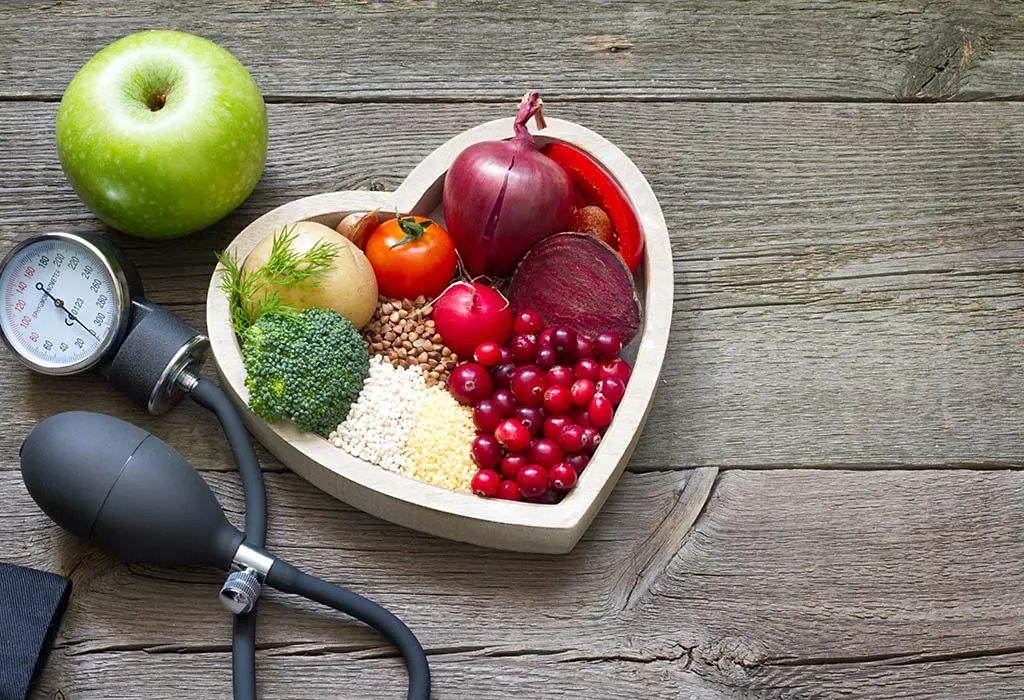Blood pressure is a critical indicator of your overall health, and one of the most influential factors in controlling it is your diet. What you eat can either help maintain healthy blood pressure or contribute to hypertension. In this blog, we’ll explore the relationship between your diet and blood pressure, discussing what foods to incorporate and what to avoid for better heart health. For expert guidance on managing your blood pressure and maintaining a heart-healthy diet, don’t hesitate to reach out to Specialty Care Clinics at (469) 545-9983.
The DASH Diet
One of the most effective dietary approaches to control blood pressure is the DASH (Dietary Approaches to Stop Hypertension) diet. It emphasizes:
Fruits and Vegetables: Aim for at least 4-5 servings of each daily.
Whole Grains: Opt for whole wheat, brown rice, and quinoa instead of refined grains.
Lean Proteins: Choose fish, poultry, and beans over red meat.
Low-Fat Dairy: Choose dairy products that are low in fat or fat free.
Nuts, Seeds, and Legumes: Incorporate these heart-healthy choices into your diet.
Potassium-Rich Foods
One essential component in controlling blood pressure is potassium. Foods high in potassium include:
- Bananas
- Oranges
- Spinach
- Sweet Potatoes
- Beans
- Avocados
These foods help counteract the sodium in your diet, which can elevate blood pressure.
The Sodium Conundrum
Sodium, often found in table salt and processed foods, is a key contributor to high blood pressure. Avoiding excessive sodium is crucial. Limit your sodium intake by:
Reading Labels: Check for sodium content in packaged foods and opt for low-sodium versions.
Cooking at Home: You can control how much salt is added when you make your own food.
Seasoning Alternatives: Use herbs, spices, and salt-free seasonings to flavor your dishes.
The Impact of Fats
Saturated and trans fats can raise blood pressure and contribute to heart disease. Swap them out for heart-healthy fats:
Unsaturated Fats: Found in olive oil, avocados, and nuts, these fats can help lower blood pressure.
Maintaining a Healthy Weight
Excess weight can strain your cardiovascular system and elevate blood pressure. Focus on a balanced diet with proper portion control to achieve and maintain a healthy weight.
Alcohol and Caffeine
While a glass of red wine may have heart-healthy benefits, excessive alcohol and caffeine consumption can lead to hypertension. Moderation is key. Limit yourself to one drink of alcohol for ladies and two for men each day. Monitor your caffeine intake from coffee, tea, and energy drinks.
Tracking Your Diet
Keeping a food diary can help you monitor your eating habits and their impact on your blood pressure. This awareness can lead to positive changes in your diet.
Consult a Healthcare Provider
If you have specific dietary concerns or need personalized guidance on managing blood pressure, consult a healthcare provider or a registered dietitian. They can help tailor a diet plan to your unique needs.
A heart-healthy diet is a powerful tool for controlling blood pressure and promoting overall cardiovascular well-being. By following the DASH diet, increasing potassium-rich foods, and reducing sodium, saturated fats, and excess weight, you can significantly lower your risk of hypertension. Remember, diet and blood pressure are interconnected, and the choices you make in your eating habits have a direct impact on your heart health. Prioritize a balanced and nutritious diet to maintain healthy blood pressure and live a longer, more vibrant life.


